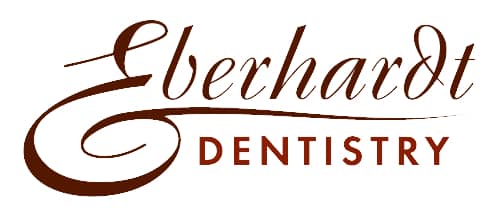Dental Bonding in Akron
Dental bonding is a procedure that restores teeth damaged by decay. Bonding is also used to repair teeth that have been chipped or fractured, teeth that are misshapen, or have sharp edges. Undersized teeth can be fixed with bonding, as well as to hide dental imperfections, including stains, discolored teeth, or gaps between your teeth.
How is Dental Bonding Performed?
When you receive a dental bonding procedure, the first thing the dentist will do is prepare the surface of the tooth so that the composite resin can adhere to it. The dentist will prepare the surface by etching the tooth’s enamel where the bonding material will be applied.
Once the tooth’s surface is ready, a liquid bonding material is applied to the surface. The dentist puts the composite resin onto the bonding material, sculpting it into shape. Finally, the composite resin and bonding material are set with a special light.
When the bonded teeth have fully set, the dentist will polish the new restoration until it is smooth. The new tooth bonding will blend seamlessly with your natural teeth.
Composite Veneers
The same bonding materials are used as an alternative to porcelain veneers. Dentists bond and blend layers of the composite resin to artfully transform the appearance of the tooth.
Caring for Your Bonded Teeth
All cosmetic dentistry procedures require care and attention to maintain the look and condition of your pearly whites. Bonded teeth are no exception. Bonding offers a cost-effective method to treat minor cosmetic dental problems. Still, there are a couple of things to consider when having these types of cosmetic dental procedures.
If you use dental bonding to repair chipped front teeth, you must avoid biting hard foods or objects, biting your nails, chewing pens, and other poor oral habits since dental bonding can break or chip.
Teeth enhanced with dental bonding are usually more susceptible to staining than other types of cosmetic treatments. It is wise to avoid foods and drinks that stain, such as red wine. Also, avoid tobacco products to prevent any staining.
Teeth Whitening and Dental Bonding
It is perfectly safe to use teeth whitening products if you have dental bonding. However, you may find over time that there will be a difference in color between the whitened natural tooth and the bonded area. The results can be unpredictable, and it is better to see your dentist, who can help you with your whitening needs and care for your dental bonding.
Simple, painless, and affordable, dental bonding is an excellent way to repair your teeth and enhance your smile for years to come. To learn more about dental bonding schedule an appointment online, or, contact Eberhardt Dentistry at (330) 836-5585 today!


